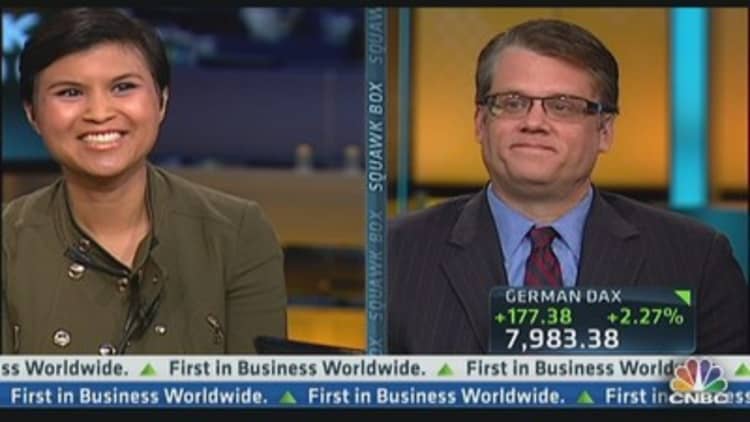Just a decade from now, some global industry leaders could be companies you may not have heard of, based in cities you probably haven't visited before.
Companies based in emerging markets will account for more than 45 percent of the Fortune Global 500 ranking by 2025, up from 26 percent currently, according to a new report by McKinsey Global Institute published on Thursday.
The Fortune Global 500 is an annual ranking of the top 500 corporations worldwide as measured by revenue. Chinese energy companies Sinopec, China National Petroleum and State Grid and Samsung Electronics are the top four emerging markets companies on the ranking at 5th, 6th, 7th and 20th place, respectively.
"Just as Japanese and South Korean companies became formidable global competitors in the past half century,new players from emerging markets, such as the Chinese telecommunications networking giant Huawei, Brazilian aircraft manufacturer Embraer, and India's industrial conglomerate Aditya Birla Group, are asserting their presence, and many more are soon to follow," the report said.
(Read More: Corporates take emerging market volatility in stride)
Of the 8,000 companies worldwide that generate revenue of $1 billion or more, three out of four are currently based in developed markets. However, McKinsey expects an additional 7,000 companies will grow to this size over the next ten-plus years, 70 percent of which will be based in emerging markets.
The trend of rising urbanization and income growth in emerging markets, which is driving demand for consumer goods and services at a rapid pace, will push more companies across the $1 billion revenue threshold, McKinsey said.
There are several consequences, both positive and negative, of this new business landscape.

For example, the proliferation of large companies will put several lesser-known cities in developing economies on the map.
"This presents an opportunity for cities to strengthen their local economic base and capture part of the next great wave of growth, assuming a role as hubs in global industry networks and supply chains," the firm said.
(Read More: And the new mostvaluable brand in the world is....)
On the other hand, the emergence of thousands of new corporate heavyweights is likely to usher in an era of increased competition for markets, resources and talent.
"Companies based in emerging markets can be sources of low-cost innovation that could disrupt entire industries, and many will set their sights on international expansion," it said.
During the 1970s and 1980s, many U.S.and European industry leaders were caught off guard by the rise of Japanese companies that established high standards of productivity and innovation. More recently, South Korean companies have taken on this role, with the likes of Samsung Electronics, for example, shaking up the consumer electronics industry with its innovative edge.
(Read More: Why big American businesses fail in China)
"In the coming decades, new challengers will appear from multiple countries, with an ever-widening array of innovative strategies and business models. Today's CEOs need to prepare for this new wave of competitors by understanding who they are and how they will compete differently," McKinsey said.
- By CNBC's Ansuya Harjani; Follow her on Twitter @Ansuya_H


